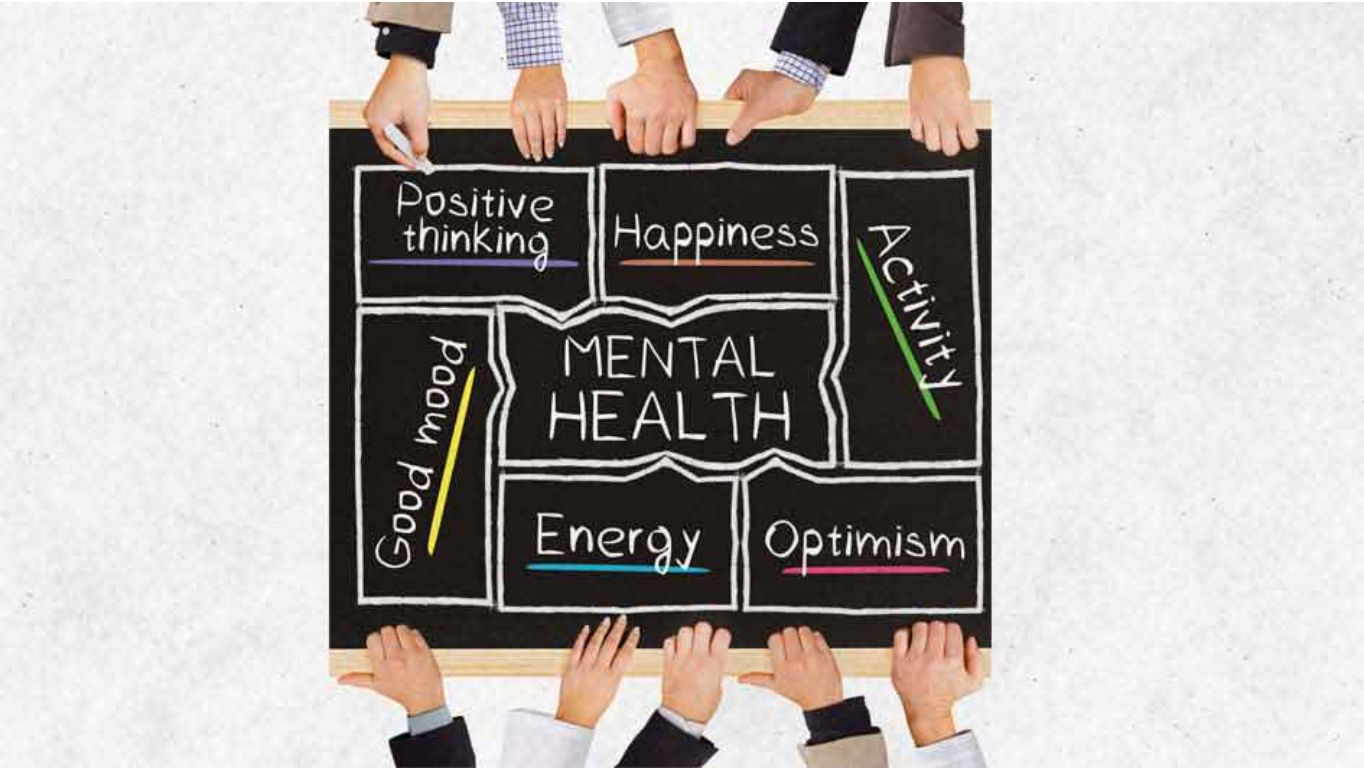The workplace mental health and well-being strategy, which was formally launched by the Secretary-General in October 2018 and applies to all United Nations entities, is designed to make the system more effective by optimizing the psychological health of staff, improving organizational capacities to protect mental health and preventing mental health issues in the workplace.
The priorities of the strategy are to create a workplace that enhances mental and physical health and well-being, to develop and deliver the relevant services at all duty stations, to support staff who are facing mental health challenges and to ensure sustainable funding for the services put in place.
Implementation of the strategy began in 2019 and is overseen by a multi-agency, multi-disciplinary board. While at first the focus was on raising awareness, stigma reduction and ensuring equal access to psychosocial support, when the pandemic hit in 2020, activities had to be re-prioritized based on emerging needs.
A workplace that enhances mental and physical health and well-being
Managers have been encouraged to exercise flexibility to support a better work-life balance, to avoid scheduling meetings or sending work-related communications outside normal working hours and to favourably consider requests for compressed work schedules under the existing flexible working arrangements. In addition, core working hours were temporarily lifted. The aim of these guidelines is to allow staff to disconnect fully and maintain the boundaries between professional and private time.
Learning resources, including factsheets and podcasts in all official languages, have been developed to give managers the skills and knowledge to create a healthy working environment. The first half of 2021 will see the release of online learning modules and a mental health dialogue.
A review of administrative practices is now under way to ensure that mental health and well-being are considered, both by supporting staff who are experiencing mental health issues and by minimizing psychosocial risks within the organization.
To promote health and reduce stigma, a series of live events have been held to answer staff questions on a broad range of related topics.
Staff were invited to write and share poems on the subject of mental health. Over 50 poems in seven languages were received from 20 countries, which were compiled into an eBook made available to all staff.
Telecommuting and virtual teamwork have been a real challenge for many. Guidelines have been published to help both staff and managers face it more effectively.
Staff whose lives have been affected by a mental health issue have joined an advisory panel to provide input on the priority action to be taken under the strategy.
Access to psychosocial support has improved since the outbreak of the COVID-19 pandemic, including the introduction of more counsellors across the UN system, tele-counselling through insurance providers and employee assistance programmes.
Efforts are ongoing to ensure that access to services is equal for all staff and that a high-quality system is in place.
Mental health support at headquarters and in the field
According to a survey conducted by the UN Field Staff Union (UNFSU), 83 per cent of staff working in the field were concerned about the impact of COVID-19. The results also showed that social isolation and a heavy workload for continuous periods with the inability to take leave due to travel restrictions had led to a deterioration in mental health and well-being. The implementation board for the strategy has recognized these challenges and made them a priority.
Many countries where field duty stations are located have fewer psychologists and psychiatrists. The goal for the United Nations is to ensure equitable access to support no matter where we work.
Wherever they are, staff may need several different types of mental health support from the Organization. Action is being taken to ensure counselling support and referral to appropriate health-care services, educate managers about their role and put the right policies and administrative guidance in place.
Next steps to scale up the strategy
All United Nations organizations will be helped to develop their own plan based on the strategy. The Secretariat has established a mental health leadership team to oversee this process.
Other priorities include the expansion of resources available to all staff and more communication and engagement across the system.
The mental health strategy team measures its success by the level of engagement with staff. It has observed significantly more discussions about mental health and increased awareness over the past year. The Secretary-General and other leaders are promoting the importance of mental health and committing to action. Staff have been given opportunities to discuss mental health and reduce stigma.
The mental health strategy is not a panacea for all issues and challenges and does not stand alone. It is multi-pronged and fits into a system in which all the parts should link and work together. Mental health and well-being are a priority now, more than ever. All staff are encouraged to follow the Twitter account for the strategy at @UN4MentalHealth or visit the web page at www.un.org/en/healthy-workforce/.


